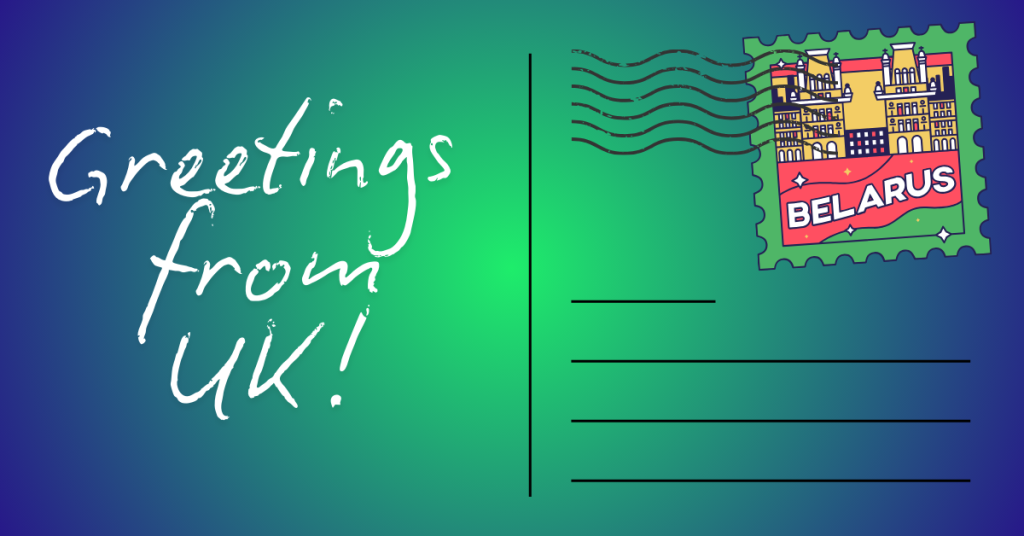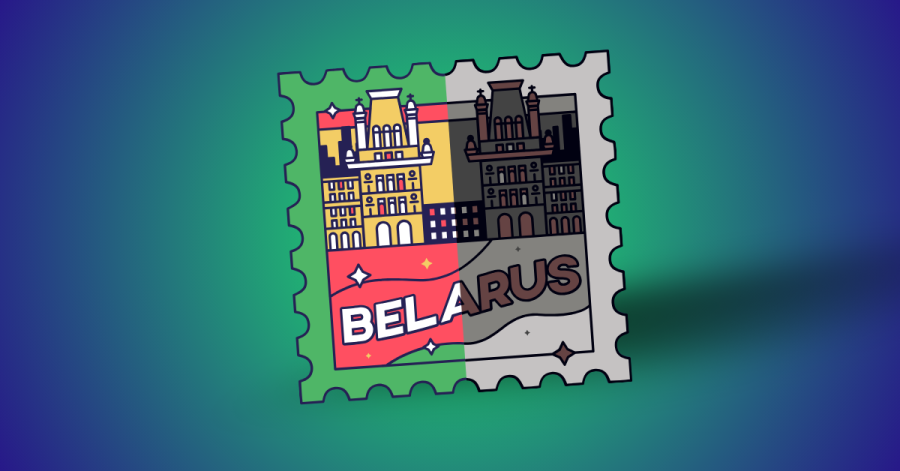Belarus was once referred to as the “Silicon Valley of Eastern Europe.” Indeed, since the 2010s, the number of tech companies had grown, the tech sector became a solid part of the country’s GDP, and brought a completely new perspective to the nation.
However, after Russia’s full-scale invasion of Ukraine, where Belarusian dictator Aleksandr Lukashenka sided with Russian troops, this miracle vanished. Being labeled as “Belarusian” is no longer an advantage but rather a toxic asset, leading companies and individuals to hide their backgrounds.
Unicorns with no horns
Recently, Flo Health’s net worth surpassed $1 billion, making it the first fertility tracker to achieve unicorn status. Here is where the controversy begins. While some media described the company as British (indeed, the headquarters and CEO are based in London), others celebrated it as “another Lithuanian company to become a unicorn”. because most of the R&D is now located in Vilnius. However, the company was founded by Belarusians, and until October 19, 2022, most of its operations were based in Minsk.
“If you are a Belarusian(-based) unicorn, they cut down your horn immediately. When you’re preparing to attract major foreign investment or planning to negotiate with high qualified investors, the less you have in common with negative factors, the better. My opinion on hiding your origin? Don’t do it myself, but don’t condemn those who do, because I understand their reasoning,” said Yuri Melnichak, a prominent Belarusian founder and venture capitalist, in an interview with dev.by.

Oleg Khusaenov, another Belarusian VC and founder of Zubr Capital, repeated this take:
“We have very talented people who have created businesses comparable to Amazon. If they open their companies in Lithuania, for instance, their valuation multiplier could immediately exceed a billion. If you are fortunate enough to leave Belarus, your business’ net worth is bigger”.
Rename it until you can
Other companies with Belarusian roots often prefer to erase as many traces of their background as possible. For instance, Wargaming, famous for its “World of Tanks” game, decided to split the company into two parts: one focused on the Russian market and the other on Western markets. The “Russian” part was sold to Lesta Studio, other legal entities were shut down, and Wargaming exited the Belarusian market.
Another example is the outsourcing company IBA Group, originally founded in Minsk, though its headquarters are located in Prague since 2005. IBA Group had been successfully operating in the Belarusian market since 1994, but in 2022, the company removed all mentions of its Belarusian offices from its website, diveded business into two branches (for Western and Belarusian operations) and renamed its Belarusian branch to “International Business Alliance”.
Interestingly, there is no English version of their website, only Russian. One of key services now is “software substitution”, meaning the company helps clients develop alternative software solutions after many Western companies left the Belarusian and Russian markets or their software became inaccessible due to sanctions.
Another major outsourcing company, EPAM Systems, co-founded in the USA and Minsk by Belarusian Arkadiy Dobkin, has taken steps to distance itself from its Belarusian origins. The company changed its domain name from epam.by to epam.com. However, it’s still possible to search for job openings in various Belarusian cities.
No Russian allowed
However, those are large tech companies, small startups need to act differently. Dzmitry Kalinin, a VC and startup adviser, explains that smaller businesses operate more secretly than changing full name and/or brand. They often use a .com domain and adopt English for communication at all levels, even with Russian-speaking investors.
“By posting in English at their Linkedin profiles they try to avoid the bigger trigger – Сyrilic scripts in their profiles”, he notes.
Kalinin adds that startups typically present themselves as companies based in the country of their legal entity. Founders carefully avoid any mention of Belarusian citizenship while pitching their projects.
“But you can’t hide your Belarusian passport, at least not during due diligence. This is why any of these steps are somewhat sketchy. If someone doesn’t want to invest in Belarusian or Russian companies, he simply won’t.”
“It’s just a risk management”
Not just a companies, but also people have faced difficulties finding jobs while being located in Belarus.

My source, a Head of Sales, still working as a freelance consultant for Belarusian companies, claims that Western customers prefer not to work with developers based in Belarus.
“Almost all outstaffing requests come with a note: ‘location not Russia or Belarus.’ Although I’ve often been told how professional Belarusian developers are. But one Western client discreetly explained: ‘I don’t treat you badly. It’s just risk management’”.
As a result, many developers, in order to secure their jobs, are choosing to relocate to more affordable destinations like Armenia, Georgia, Uzbekistan, where costs of living are much lower comparing to the EU.
I asked a developer based in Brest (a city in Western Belarus) why he changed his LinkedIn location to Lublin, a city in Poland.
“I was searching for a job and had to change my location, because Belarus is now under sanctions, and employers don’t want to deal with Belarusians. The funny thing is, this strategy didn’t really help me get the job. Most applications require you to provide a phone number for the country listed in your profile. I only got my first Polish job after I crossed the border and got a Polish phone number”.
What’s next?
When it comes to switching LinkedIn locations, removing mentions of Belarusian offices from landing pages, or refusing to acknowledge holding a Belarusian passport, I believe this leads to several dramatic consequences.
The most obvious outcome is that the Belarusian tech community is shrinking. Belarusian founders, VCs, and even individual professionals prefer to identify as Brits, Poles, or Lithuanian, rather than admit they were born in Minsk. The sense of national identity is fading, along with the crucial elements of the ecosystem – networking, connections, collaboration.
The iron curtain continues to grow. If you want to create a successful startup for the Western market, you need to leave Belarus. This is why many professionals and businesses who remain in the country are increasingly cooperating with Russia, often helping with “software substitution”. This context stifles collaboration and the exchange of ideas.
Can the Belarusian tech industry, both at home and abroad, regain national pride without feeling guilty? The answer is simple: yes, absolutely.
Unfortunately, changing this narrative is largely a political matter. Once Belarus is no longer viewed as a “toxic, risky asset” no founder or VC will feel the need to hide their passport.








